Her Name Was Carmen: An interview with prima ballerina Irina Kolesnikova

Irina Kolesnikova is the principal ballerina at the St Petersburg Ballet Theatre and has performed everything from Giselle to Swan Lake. She is bringing her latest project, Her Name Was Carmen, to London for one week in August. Kolesnikova and her choreographer Andrei Kuznetzov-Vecheslov have drawn on their experience visiting refugee camps in the Balkans to express timeless themes of hope, despair, suffering and a thirst for a better life. The ballet, a collaboration between the St Petersburg Ballet and Oxfam, will be bought to life by 50 dancers in modern dress, set to a re-orchestrated version of Bizet’s score played live by the ENO orchestra.
What do you love most about dance, and what do you try to portray with your dancing?
What I love about dance is that, with its help, I have an opportunity to communicate with a huge number of people all over the world as the language of dance does not need to be translated. I simply become one with music and dance with my heart.
When everything is a success the energy exchange between me and the audience is amazing. It is an incredible feeling that words cannot describe. Maybe it can be described as a type of happiness – it is exactly what I feel in those moments.
How does performing in London differ from St Petersburg?
These two cities in particular happen to be the ones I find it most difficult to dance in because both of them I consider to be my home. I was born in Saint Petersburg and I graduated from the Vaganova Academy of Russian Ballet. Saint Petersburg is where I live. In London I achieved worldwide recognition, and many followers of my art live there. That is why each time I go on stage in Saint Petersburg or London it means a lot for me emotionally. In these cities I have the strongest sense of responsibility. Each time I feel nervous.
How does this ballet differ from some of the performances you’ve given in the past?
Her Name Was Carmen is totally different from all other ballets in my repertory. Firstly, this ballet employs contemporary choreography created just for me. Secondly, it is a modern-day story set in a refugee camp in Europe.
With the current refugee crisis, what are you trying to represent through Her Name was Carmen?
We have a few messages. First of all, one cannot stay away and silently watch what is going on or, even worse, ignore the crisis. Secondly, we want to use Carmen as an example to show that anyone, regardless of their social status, can end up in a similar situation, and if they ever do they should stay human. In our story, fate brings Carmen, a daughter of a rich businessman from Europe, to a refugee camp, and the audience can see how from a spoilt and selfish person she becomes someone who can sacrifice her life for other people.
She ends up in a refugee camp while hiding from Garcia, her father’s former head of security, who joined the mafia and killed her entire family. The refugee camp is the place where Carmen re-evaluates her values. She finds out that she has some qualities she did not even know existed.
We hope that Her Name Was Carmen will help people to see the world that surrounds us in a different way, to rethink the situation…
What role do political motivations play in the composition of your music?
We did not write the music for our ballet. We incorporated Bizet’s best melodies from his opera Carmen. And our production has nothing to do with politics. It is about love and the readiness of a human being to sacrifice everything, even her life.
How important do you think culture is in portraying political messages?
In my opinion, culture is at the very basis of life and spiritual development of humankind. I have never been involved in politics, but I am certain that culture can be partly involved in communicating political messages. Our ballet, as I have already said, has nothing to do with politics. It does not answer the questions “who is to blame?” and “what to do?”.
Her Name was Carmen is an reinterpretation of the classic Carmen. How much of the ballet is the original opera and how much of it is a modern take?
The story develops rapidly inside the love triangle: “Carmen – Jose (policeman) – Garcia (mafia boss)”. In our version Carmen is shown the way she could have been, had she ended up in a similar life situation. As opposed to many other productions based on the original opera, our Carmen does not just evoke sympathy, she also evokes admiration for her actions, for her ability in extreme conditions to become a real person ready to change the world. Certainly, the fact that the story in set in a modern-day refugee camp is also a significant difference.
How does the ballet manage to juxtapose the current state of despair and suffering, whilst alluding to a future of hope and peace?
Whether the ballet manages to do it or not, the premiere will take place at the London Coliseum. However, I really hope the production will manage to do it. At least at the end of the ballet when, despite the fact that Carmen dies, her death gives people hope for the future.
It is a very interesting story. I do not want to tell all the details – yet.
By bringing this project to the London stage, how do you think it will be received in a country that has been relatively removed from the refugee crisis?
Above all, our ballet is about love. The fact that it is set in a refugee camp only helps to discover the unexpected side of our main character’s personality. In our production Carmen becomes the person who can change the world. There is so much going on inside the love triangle, between Carmen, Jose and Garcia, that one can get scared even at rehearsals. That is why our performance will be interesting, for everyone.
The cast is an ensemble of 50 dancers in modern dress. How does the costuming and scenery of the ballet allude to the political messages?
Our ballet does not allude to the political messages. It tells the audience about the feeling of a human being, about the ability to care not just for yourself, but also for other people, despite the extremity of the situation you are in. Her Name Was Carmen is an anthem of love, in the name of which our characters commit desperate acts, one sacrifices her life, another his social status and well-being. It is an anthem of love that has no boundaries, knows no obstacles. The costuming and scenery do not allude to any political messages, but both are very effective.
I hope that people who see our performance will be thrilled.
Samantha Katz
Her Name Was Carmen is on at the London Coliseum from 23rd until 28th August 2016, for further information visit here.


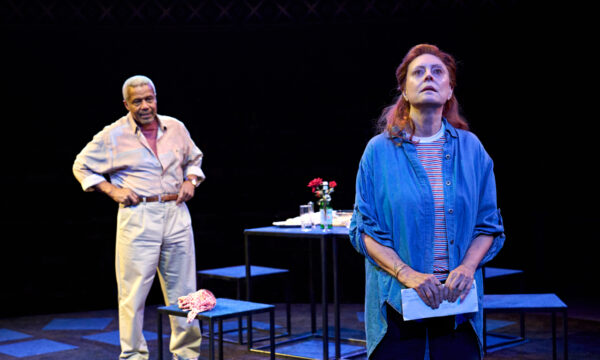
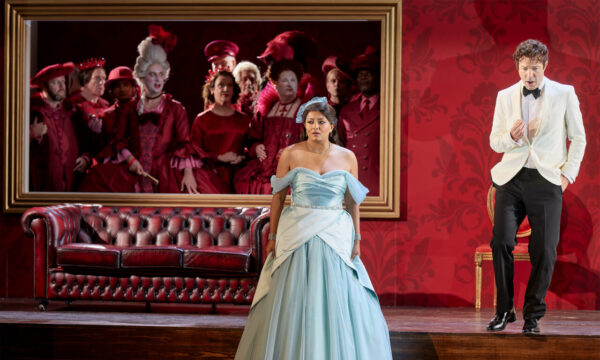
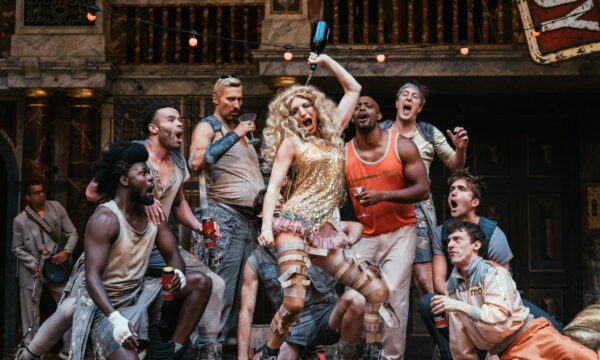

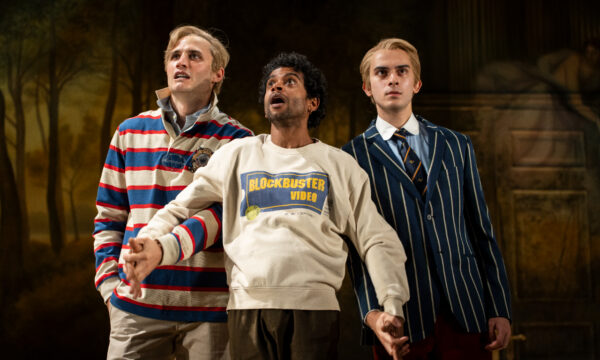
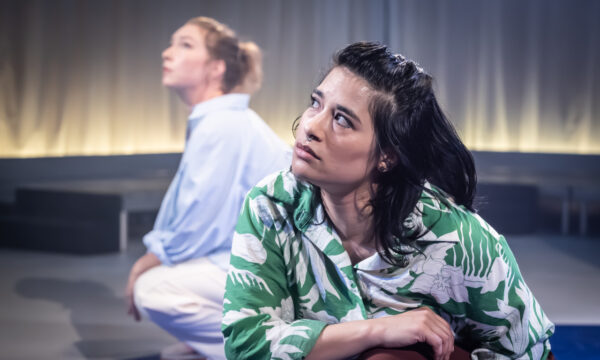
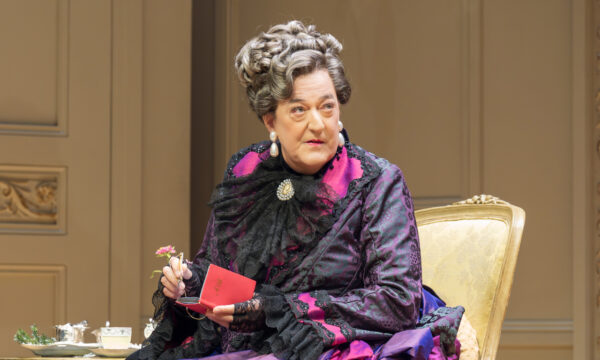
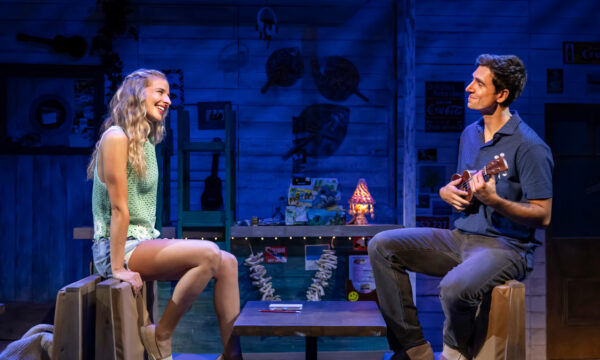
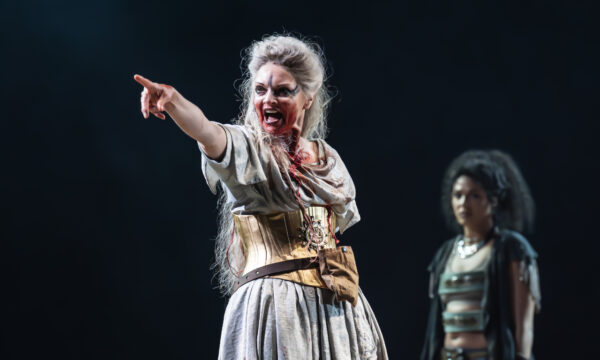
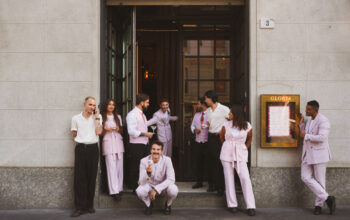


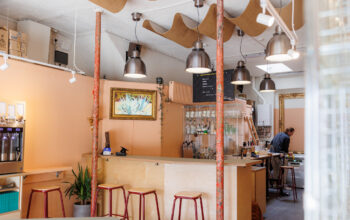








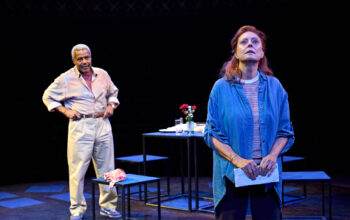
Facebook
Twitter
Instagram
YouTube
RSS